'Here & Now' Highlights: Zac Schultz, Janine Geske, Jerry Halverson
Here's what guests on the February 24, 2023 episode said about the primary election for Wisconsin Supreme Court and physicians seeking higher pay rates from Medicare.
By Frederica Freyberg | Here & Now
February 27, 2023
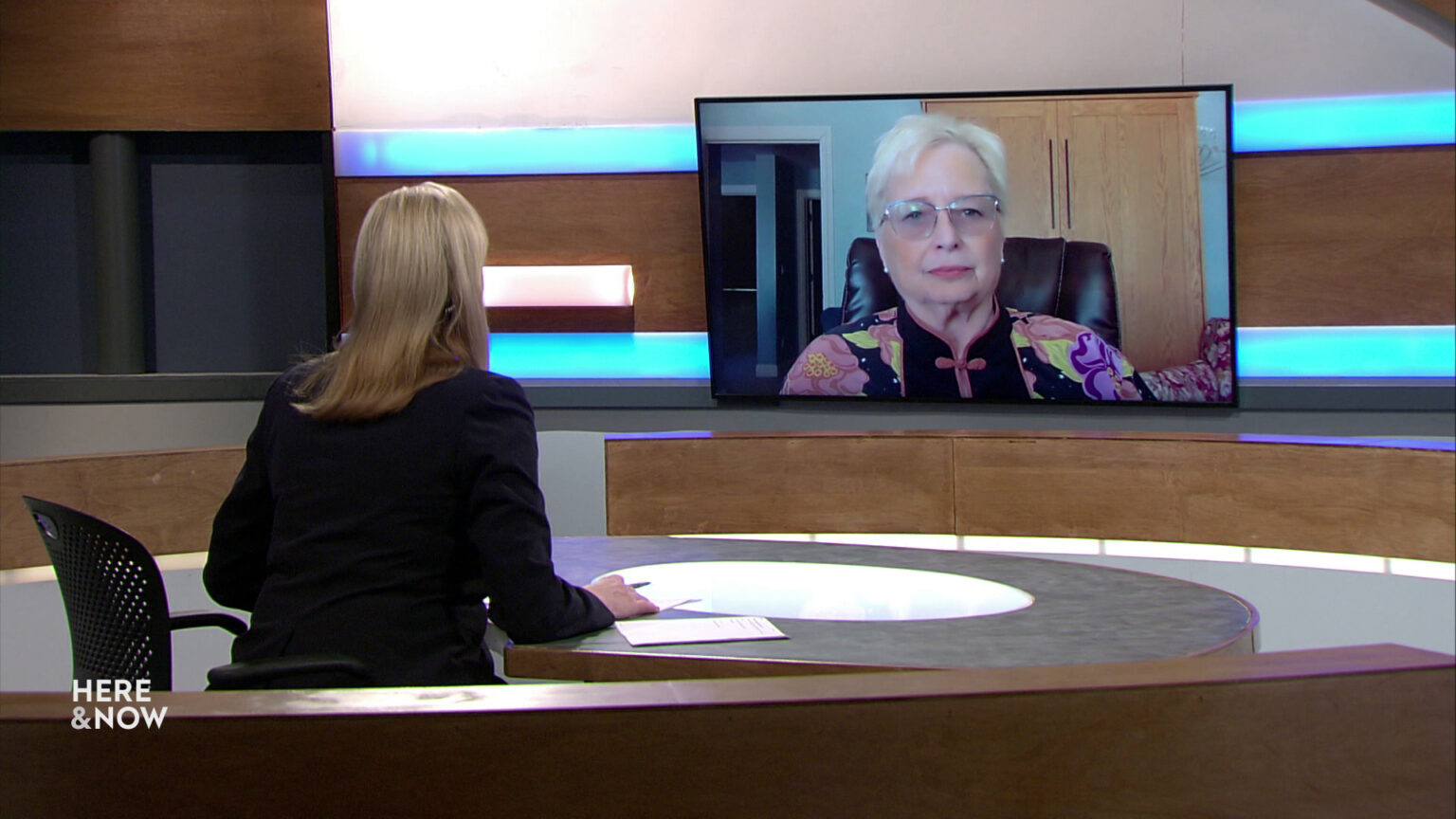
Frederica Freyberg and former Wisconsin Supreme Court Justice Janine Geske (Credit: PBS Wisconsin)
Following the primary for Wisconsin Supreme Court, two candidates head into the spring election on April 4 — former state high court Justice Janine Geske and “Here & Now” reporter Zac Schultz discuss the politics of the campaign. Madison-based Dr. Jerry Halverson explains why physicians lobbied on Capitol Hill for increased pay rates from Medicare.
Zac Schultz
Senior political reporter, Here & Now
- In the Feb. 21 primary for an open Wisconsin Supreme Court seat, Milwaukee County Circuit Court Judge Janet Protasiewicz won 46.5% of the vote while former Justice Daniel Kelly garnered 24.2%. Turnout set a record for a spring Supreme Court election, in a race that clearly sets out the ideological positions of the candidates. Kelly lost his last election for the court in 2020 — Schultz considered whether that spells vulnerability in the 2023 race.
- Schultz: “Well, Democrats certainly think so. That’s what they wanted to see. But in reality, we’ve seen lots of candidates historically across Wisconsin run after losing an election and try again. The message that may or may not win the second time is not that we’ve rejected them before, that they’ve lost an election; it’s that people know what their vulnerabilities are because they’ve polled against them in the past. So in this case, Daniel Kelly would point back to 2020 as saying there was a presidential primary on the same ballot, and he lost because Bernie Sanders and Joe Biden had a contested primary. And on the other side, Donald Trump wasn’t contested. [Kelly] says that’s the majority of the margin. So really, this is a completely different race. We shouldn’t look to that as the road map for what may happen here, because we don’t have the same circumstances.”
Janine Geske
Former Justice, Wisconsin Supreme Court
- The general election campaign for the Wisconsin Supreme Court is a high-stakes battle with Protasiewicz publicly supporting reproductive rights and Kelly deriding sitting Justice Brian Hagedorn for not being “reliably” aligned with fellow conservatives. Geske shared that she is distressed by the politicization of this election. It is much more akin to a partisan legislative race than one for the judiciary, she said.
- Geske: “I think it really impacts the integrity of the court and the faith people have in the independence of the judiciary. And it ripples all the way down to the trial courts. I mean, it’s not just the Supreme Court that the people are going to think that judges respond to their supporters and that certain parties are going to win because of who is sitting in the bench. This is not what our founders wanted when they made Wisconsin a state where we elected judges. I think they wanted judges who were involved in their communities that were out, that people respected and knew, and committed their lives to public service. Now we’ve got these ads and things giving us the sense that we’re electing people who are going to represent certain interests.”
Jerry Halverson, M.D.
Chair, Wisconsin Medical Society
- Physicians across Wisconsin who get Medicare payments lobbied Congress for higher reimbursements because those rates have not kept pace with inflation. Now with discussion in Washington, D.C. about cutting back on the healthcare insurance program for people over age 65, Halverson said doctors worry patient access will suffer.
- Halverson: “That absolutely affects patient care. Our goal is to have the patient be able to have choice and be able to see the doctor that is close to them, the doctor that they choose. And what happens is, particularly in rural areas or underserved areas, we have doctor’s offices who are basically small businesses. If they have primarily patients that are Medicare, the payment is under what they would get for other types of insurance products. You have choices — you can either take less Medicare or ultimately sometimes physicians have to close their practices. When they close their practices, they probably move to less rural areas where they can be busier. That choice for those patients is lost. So, what happens is the patient has fewer choices and oftentimes the patient has to drive further to get the care that they need.”
Watch new episodes of Here & Now at 7:30 p.m. on Fridays.
 Passport
Passport




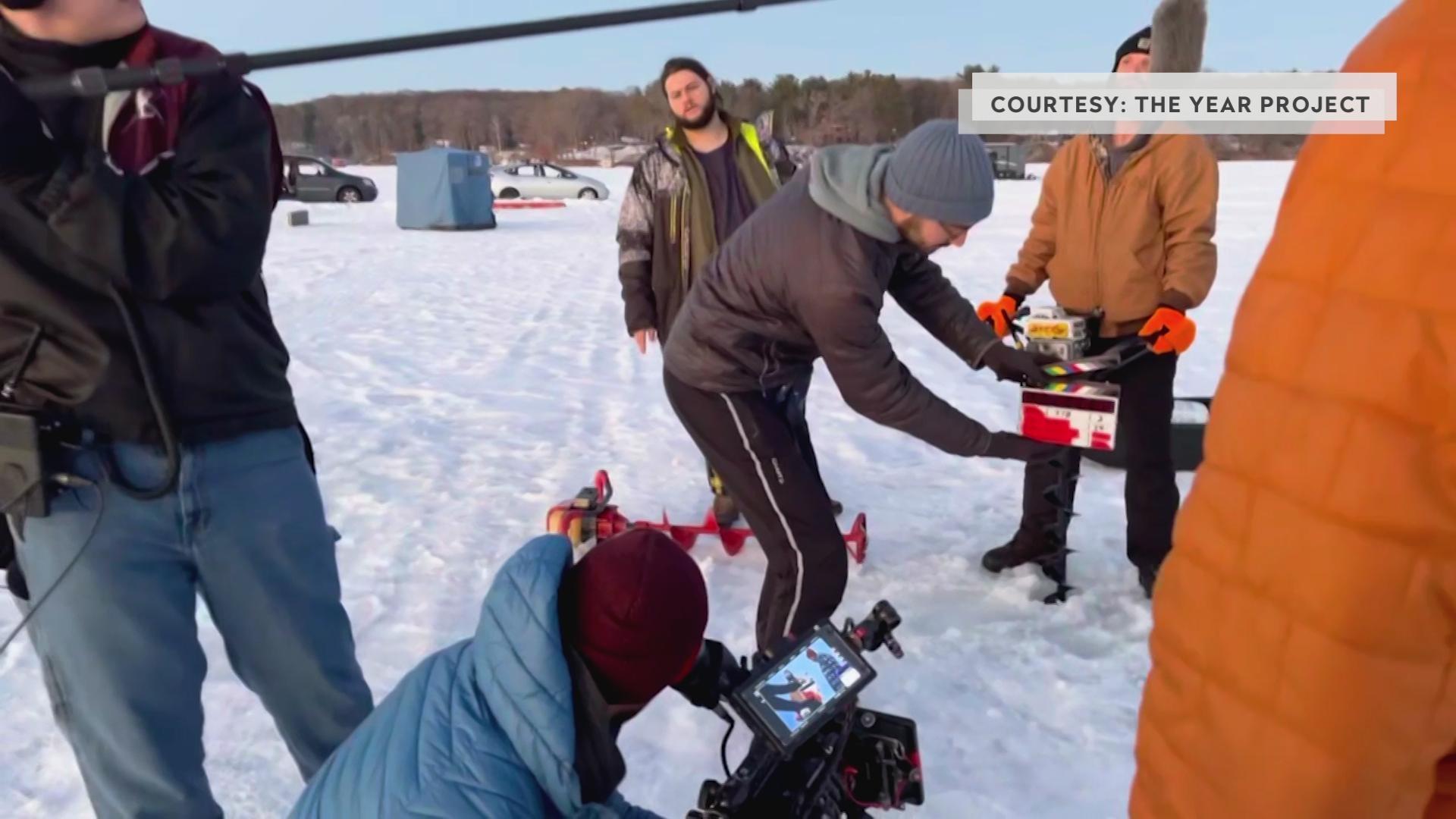
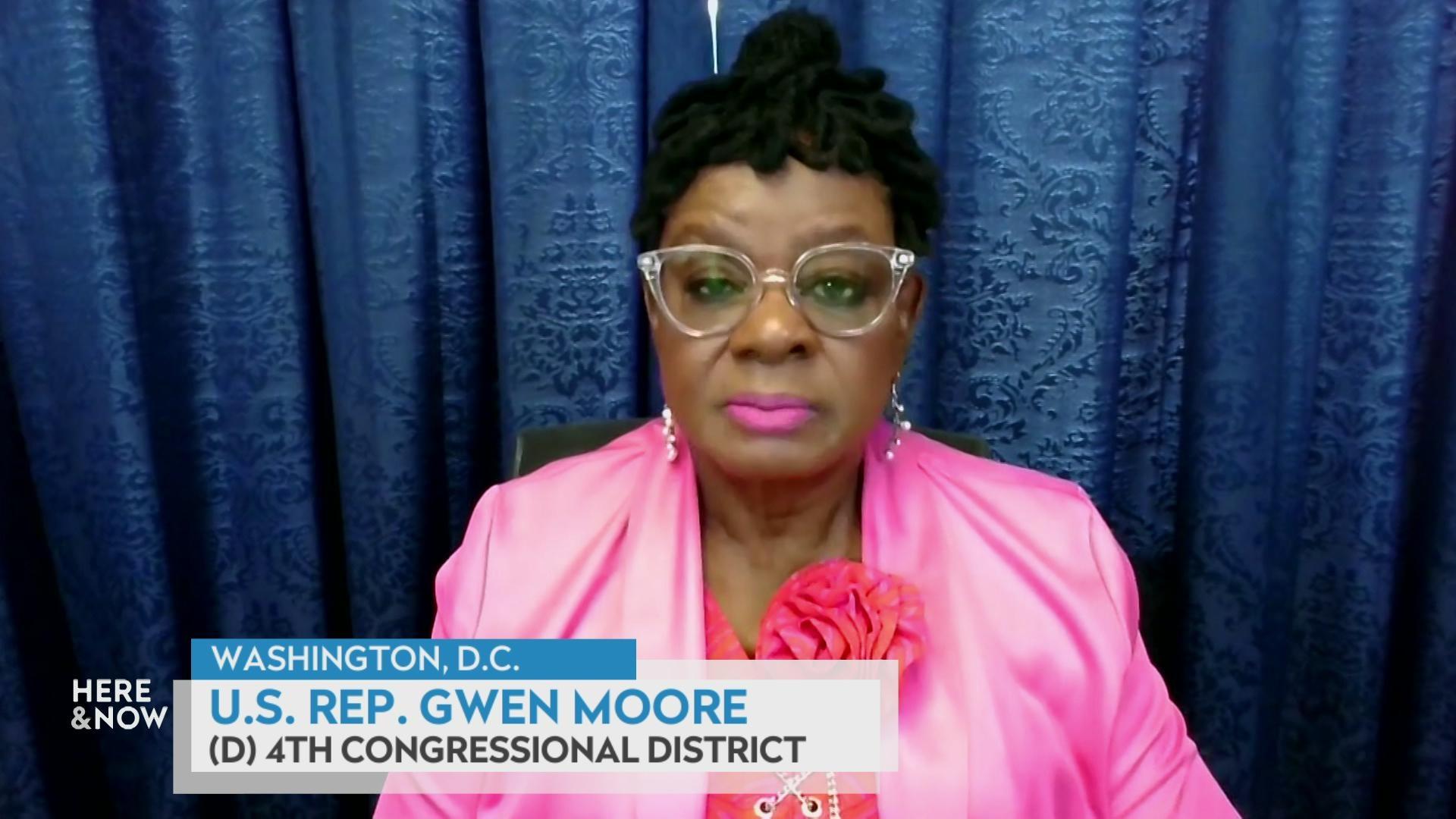
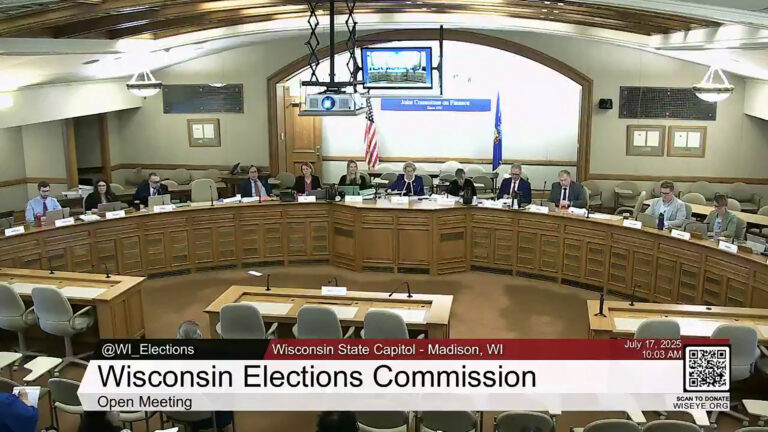
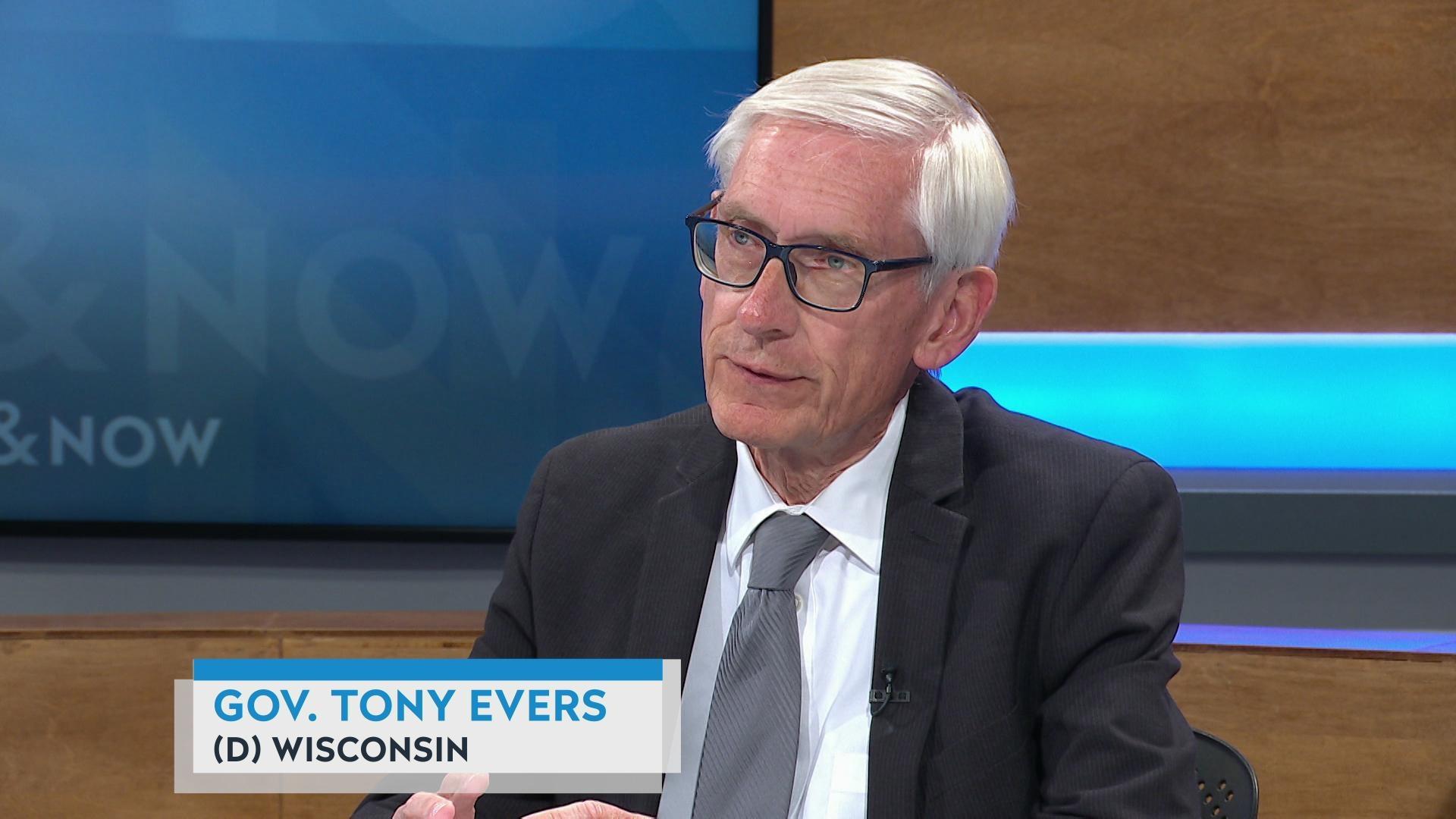
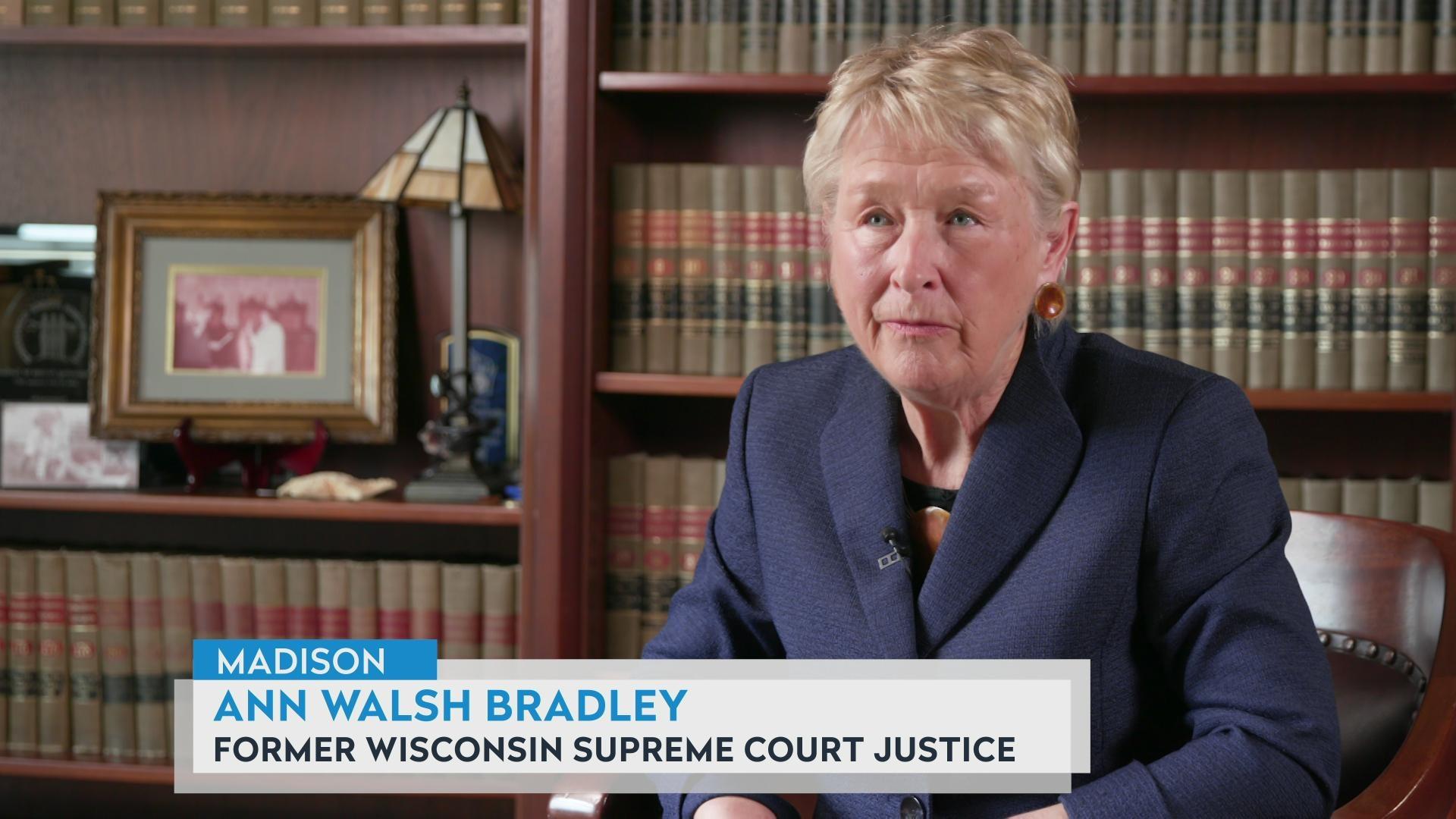
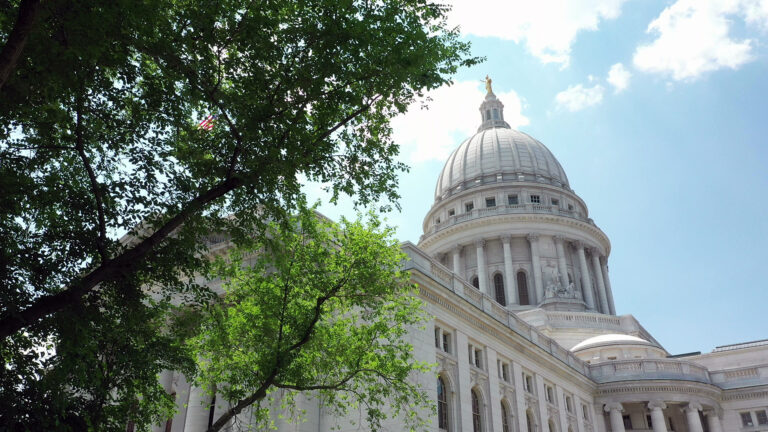

Follow Us